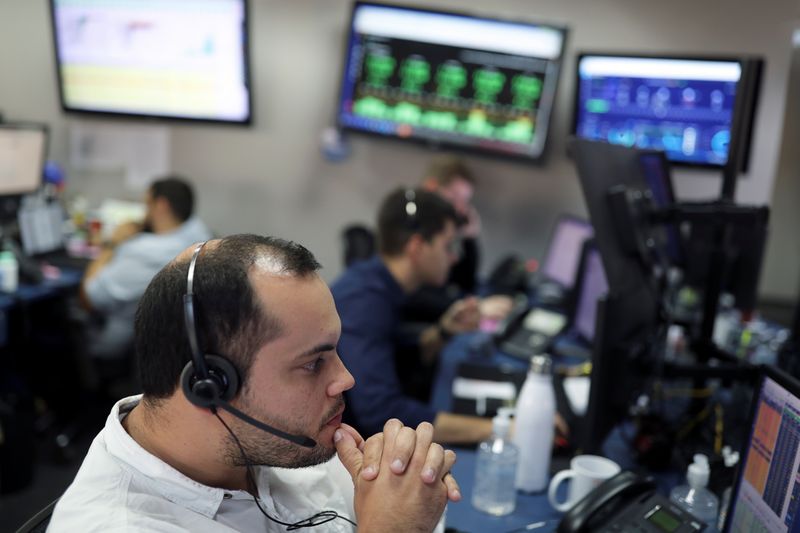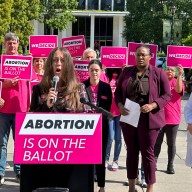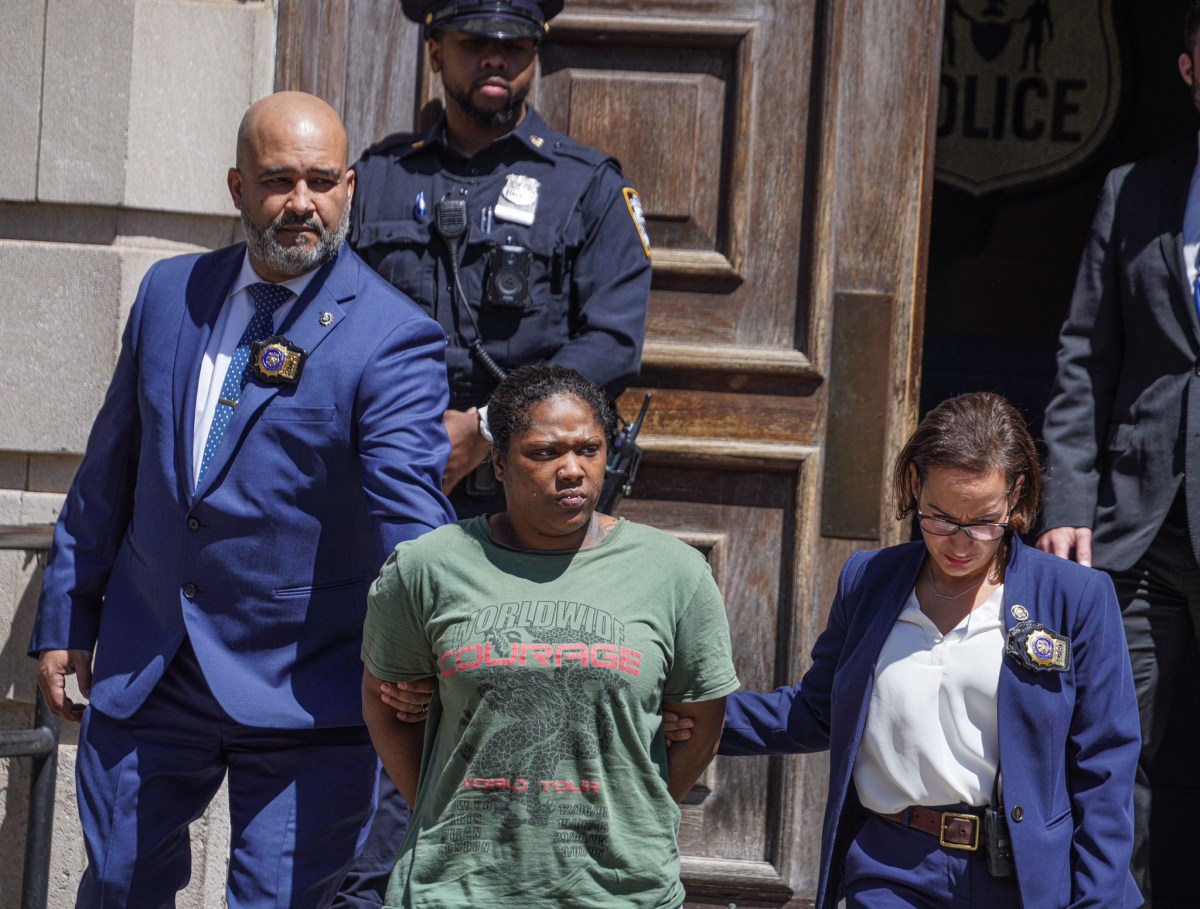BRASILIA (Reuters) – Investor confidence in the Brazilian government’s economic agenda is plummeting, making the real currency one of the worst performing in the world this year, behind only the Libyan dinar and Sudanese pound.
Those two currencies have the excuse of massive one-off devaluations. Not so for the real, which is bearing the brunt of market anxiety that Brazil’s deteriorating growth, inflation and fiscal dynamics may soon spiral beyond repair.
The central bank has spent $5 billion in under a week trying to meet the demand for hard currency. But the real is still languishing at its lowest level in three months, close to May’s all-time low of 5.97 per dollar.
Brazil’s real slumped as low as 5.73 per dollar on Tuesday, marking a 9% decline since the turn of the year.
President Jair Bolsonaro’s decision last month to replace the head of Petrobras after the state-run oil giant hiked fuel prices has reignited investor concerns that economic policy is being driven more by the president’s populist tendencies than the free-market agenda of Economy Minister Paulo Guedes.
This comes just as a devastating second wave of the COVID-19 pandemic prompts a likely extension of emergency government cash transfers to the poor, putting stretched public finances under even more strain.
Faith that Brasilia has the ability or desire to put the country’s finances on a more stable long-term footing is dwindling fast, analysts say.
“If we don’t change our ways very quickly we are heading for disaster. It’s clear that political forces don’t want to change the status quo. Everyone wants to defend their own perks but there are more perks than we can afford,” said former central bank director Alexandre Schwartsman.
The Economy Ministry declined to comment.
CREDIBILITY SHOCK
Guedes has insisted that government plans to privatize state companies, including the post office and power firm Eletrobras are on track and will raise billions of reais, even as much as 1 trillion reais. Yet not a single state-run enterprise has been privatized under his watch.
He also insists that his broader economic reform agenda to slash the size of the state, deregulate, and lower taxes still has the support of Congress.
But some investors point to Bolsonaro’s interference at the very top of Petrobras as evidence that the reform agenda is in tatters. On Monday night, Bolsonaro tinkered with fuel levies and taxes on banks, much to their dismay.
Petroleo Brasileiro SA, as Petrobras is formally known, has lost 22% of its value this year. Sao Paulo’s Bovespa index is down 14% in dollar terms, the steepest drop of any major world index.
“Interference in Petrobras was seen by markets as much more than a sectorial shock. It was a credibility shock. It was seen as a decisive step towards populism and abandonment of deep reforms,” said Drausio Giacomelli, head of emerging market strategy at Deutsche Bank in New York.
“There is incredible mistrust about the government coalition’s ability to see the depths of the problem and respond. The problem is purely fiscal, and the central bank can’t fix that or the credibility problem,” he added.
The scale of Brazil’s fiscal challenge now is greater than it has ever been. The government’s debt stands at a record 89.7% of gross domestic product, compared with 75% a year ago, before the onset of the pandemic.
Economy ministry officials repeatedly warn that Brazil must get back on the path of fiscal discipline and show a commitment to balancing the books over the long term.
But the Treasury’s forecasts suggest the government will not post a primary budget surplus until 2026-27, and many analysts expect debt as a share of gross domestic product will continue rising for some years to come.
The government’s fiscal wiggle room is almost non-existent, with non-discretionary expenditure already accounting for around 95% of its budget. Even if there were a desire to offset the emergency aid extension with longer-term spending cuts, it is not clear where they would come from.
It is against this deteriorating fiscal picture that the central bank must now weigh rising inflation against a decelerating economy. Analysts increasingly believe it will raise interest rates from a record low 2.00% later this month, perhaps by 50 basis points.
“The central bank is in dire straits. They will have to hike rates while the economy is getting weaker. It’s an unenviable position,” said Schwartsman.
(Reporting by Jamie McGeever; Editing by Brad Haynes)



















